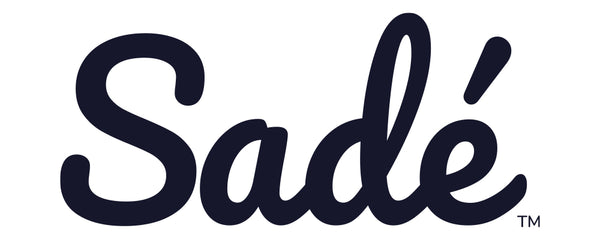
Photo credit Stuart Ruel
With the Writer Spotlight Series, we create a positive image for Black girls to refer to, by having conversations with different writers and illustrators. This month we have been doing Q&As with many writers, to get to know more about them and their work.
Here, we are showcasing all the questions we have asked Award winning Caleb Azumah Nelson the author of Open Water.
Winner of the Costa First Novel Award 2021
Shortlisted for the Sunday Times Young Writer of the Year Award 2021
Longlisted for the Dylan Thomas Prize 2022
You can find more book reviews in our first issue, available to buy here
How did you develop your style of writing?
If you give me a book, I will read it. If you give me a children's book, I will find a nephew or niece to sit and read with, I will read cookbooks, fiction, non fiction, and poetry. At the time, that the idea of the novel was beginning to form I was reading a lot of poetry, and was trying to see how poets could be so good at saying something that I could take a page with, but they would take a line. I really wanted to do that. I wanted to see how I could, straddle different lines.
I think that markers of literature are very, Anglo American, for example, when you go to Africa, or the Caribbean, the literature is more like storytelling. So I was really trying to capture that feeling of storytelling that doesn't necessarily come through traditional genres.
Through the book, music is so central to everything I do. I really enjoy spending time reading through the song lyrics of my favourite artists, it's the same way as poets because you have, a couple of minutes to say something which I take, 50,000 words to say, and that for me has always been intriguing.
Open Water is a combination of Black Love, Education and race. Did you consciously structure the story around today's current affairs?
Open Water started off as essays which were nonfiction/fiction. I was just writing a lot about photography, music and love, and also being a black person today. It was really important for the book to feel contemporary and about today, because even though so many of the issues that I'm writing about have been going on long before my lifetime, those things continue. I really wanted to write a book that almost served as a photograph, like a specific moment in time that I was examining, looking at race looking at the education system, and also looking at how Black people are received and treated in today's society.
Were parts of the story based on real life events?
This story is not autobiographical, but it's very personal. These specific events especially the love story is not the the exact kind that I experienced with my partner and some of the things that I write about, especially the moments of violence, for example the occasions with the police and being at a private school, those are things that I experienced. So it was less autobiographical and more personal, and it was an opportunity for me to really be vulnerable with myself and ask myself about different things that I had felt during my lifetime, and then channelling those into fiction, so that I could then convey those feelings.
Was there lots to do before you dived in and started writing the story?
I'm always writing, and I'm always using my Notes app. I'll be scribbling in a notebook, and in the time leading up to Open Water, I was just writing for the sake of writing, mainly just my thoughts and feelings. It was a very constant process. After I realised that process was me, just sitting with myself, and really confronting the person that I was bad and good. Along with everything in between.
Being a photographer, how does it influence your writing, in anyway?
There's a big crossover between the different kinds of art making that I do. I'm first and foremost a writer, but all of my work feels very visual. A lot of the time when I'm writing, I always feel I'm transcribing photographs. I can see the scenes that I want, I can see a specific portrait, or how someone could be standing, or how someone could be sad. I feel I'm transcribing those moments. And they go hand in hand.
What advice would you give a young writer?
I would strongly advise them to read everything you can get your hands on, find out what you like, and find out what you don't like and find out what you want to be writing through a process of elimination. You'll then begin to feel what you're pulled towards.
As you read more, also practice and discipline is really important as well, I wrote the majority of Open Water in a two month period, because I had to. I was just in the library every day from opening time to closing time, and it was really intense.
Overall the experience was really good because it showed me what having a writing work creative practice looks like. Even if it's half an hour a day, this is my writing time, or this is my drawing time. This can be a space for you to express yourself and to be honest, and you can be free in that space. I'd always encourage people to find some time that's yours, and that no one else can disturb your process.
Here are some quick fire questions
City or countryside?
I'm a city boy, but I love the countryside. Like I've grown up in the city, but the countryside is a quiet
Summer or winter?
Summer.
Paperback or E-book?
Paperback

Open Water
by Caleb Azumah Nelson
Viking
You can find more about Caleb here


